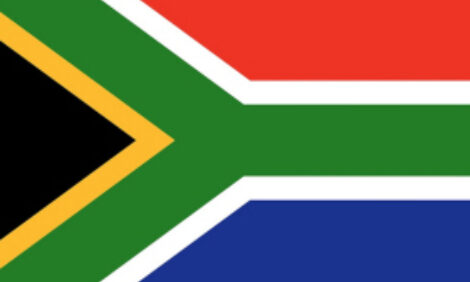



Hog Production Inched Up in 2009; Pork Supply Tight
PHILIPPINES - Philippine hog production rose by a mere 1.2 per cent in 2009, but this is still better than the 1.6 per cent contraction it suffered in 2008.Figures released by the Bureau of Agricultural Statistics (BAS) showed that hog production last year neared 1.88 million tonnes, better than 2008's 1.86 million tonnes but still less than 2007's 1.89 million tonnes.
Valuewise, hog production grossed roughly PHP 161.15 billion (USD 3.45 billion), an improvement of 5.91 per cent from 2008's PHP 152.15 billion (USD 3.26 billion). The sector remains the second leading contributor to the entire gross value of Philippine agriculture for the year, accounting for 13.56 per cent of the total.
The improvement has been attributed to increased production volume as well as better prices which grew by 4.7 per cent to PHP 85.84 (USD 1.84)/kg in 2009 from PHP 81.99 (USD 1.76)/kg the previous year. According to Asian Agribusiness, BAS credited the industry's better performance in 2009 to the increase in the number of finishing stocks in the Visayas and Mindanao and the control of the Porcine Respiratory and Reproductive Syndrome (PRRS).
Pork supply tight, higher prices expected
Asian Agribusiness reports that despite the improving output of the Philippine hog industry, the country will continue to experience a tight supply of pork meat at least until April 2010. Agriculture Assistant Secretary Salvador Salacup said that at least for the first four months of the year, pork supply will remain tight as many pig farms are still recovering from the PRRS outbreak that hit the country in the last few years.
However, he added that there are currently no plans to allow special importation. Meanwhile, Bureau of Animal Industry Director Dr Davinio Catbagan said that pig and poultry production might be affected by the El Niño phenomenon that the country is currently experiencing, which could bring an extended drought.
Dr Catbagan said the livestock and poultry sectors combined stand to lose as much as PHP 10 billion (PHP 214.13 million) as a result of the dry spell, which would stunt the growth of the animals.
Further Reading
| - | Find out more information on PRRS by clicking here. |







